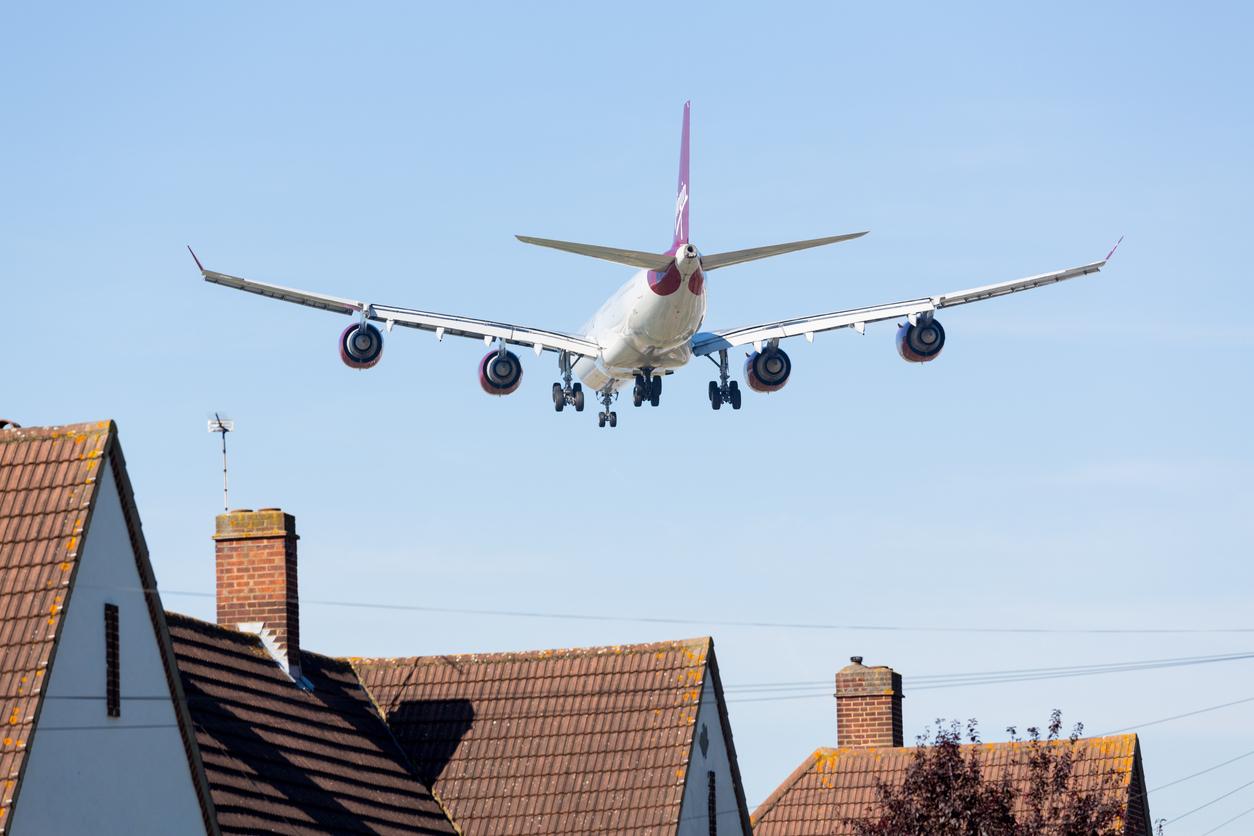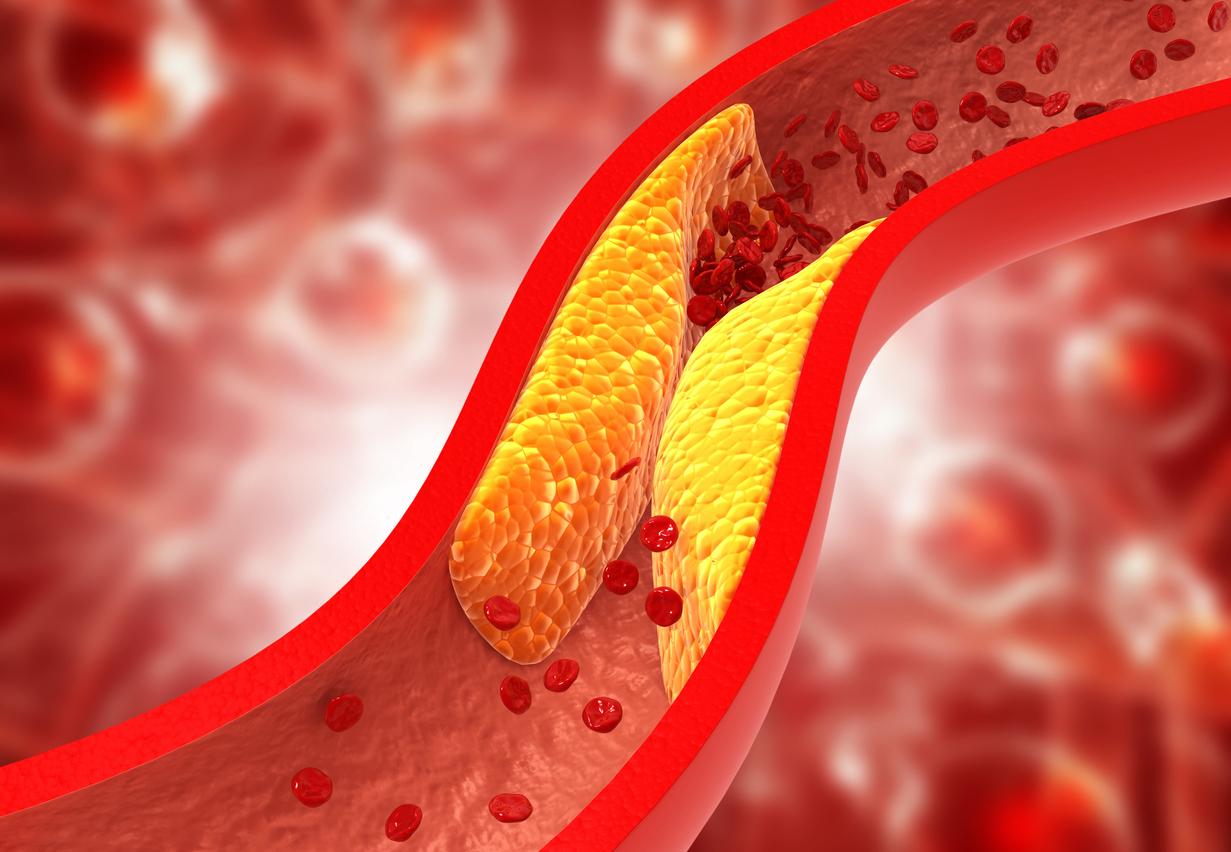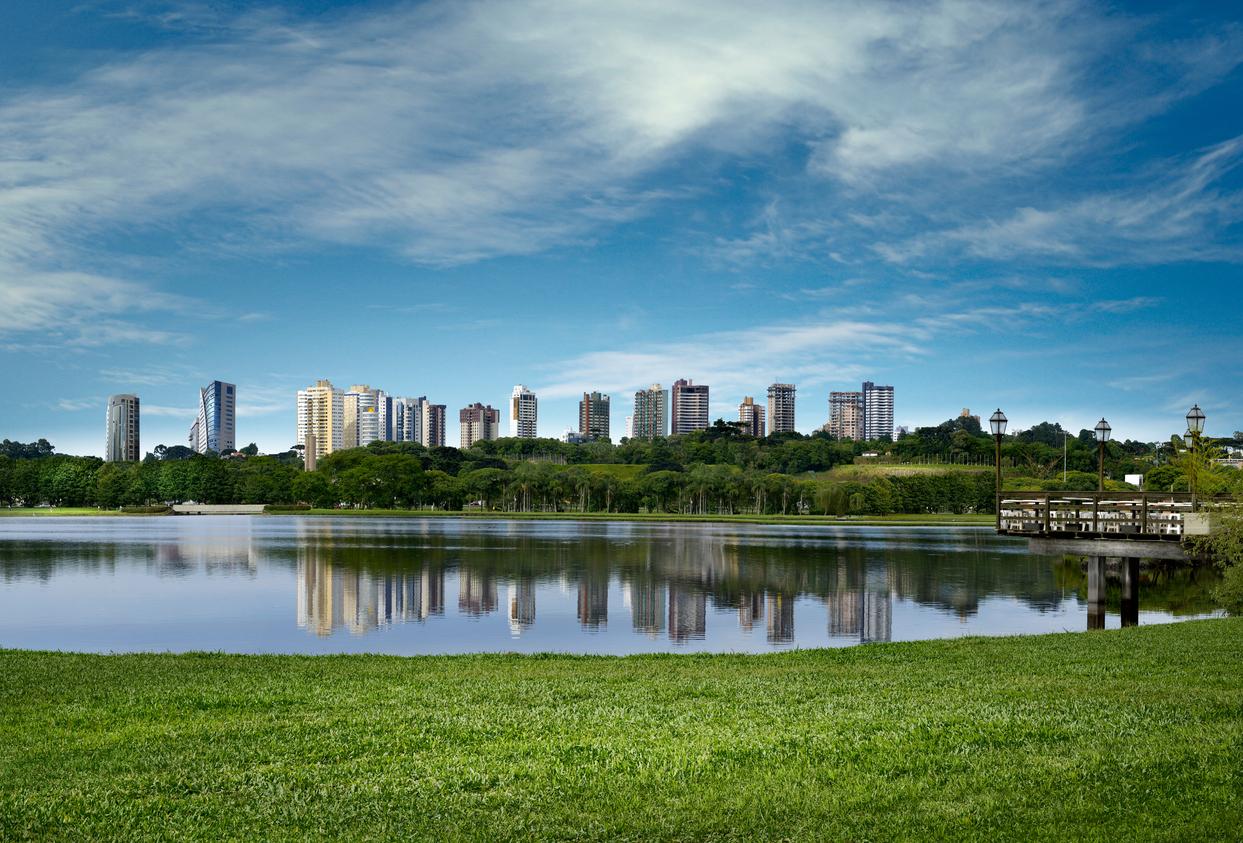People living near airports are more exposed to high blood pressure. For every 10 more decibels, the risk increases by 34%.
-1497458891.jpg)
Living near an airport is already not pleasant: noise is omnipresent, spoils the days and shortens the nights. It annoys and tires, but not only. It would also be responsible for the development of arterial hypertension, according to a study by Claude-Bernard University in Lyon and the French Institute of Science and Technology of Transport, Planning and Networks (IFSTTAR).
The results, published in the journal BMJ, are not reassuring. The noise levels were recorded around the French airports of Paris-Charles-de-Gaulle, Toulouse-Blagnac and Lyon-Saint-Exupéry, and associated with the health data of more than 1,200 people recruited for the study, for 4 years . The researchers noticed that for every 10 decibel increase in nighttime noise environment, the risk of hypertension increased by 34%, but only in men.
Stroke and heart attack
A similar study, carried out around Athens airport, gives even more impressive results: the increased risk has been estimated at nearly 70%.
However, arterial hypertension is a risk factor for cardiovascular disease, stroke and heart attack, particularly in the elderly. An American study published in 2013 concluded that a similar rise of 10 decibels increased the rate of hospitalization for cardiovascular disease by 3.5%. Among the elderly living near an airport, 2.3% of hospitalizations are due to noise.
Sometimes complicated adaptations
A year ago, the French airport nuisance control authority (ACNUSA) proposed that the noisiest planes could not take off between midnight and 5:30 a.m. Sleep disturbances are indeed the most likely to cause this increased cardiovascular risk. The airports of Nice and Toulouse have already adopted it, without their activity being too affected.
But for larger airports, the task turns out to be more complicated. Orly airport is landlocked in the heart of the urban area in the south of Paris. On the other side of the capital, 55,000 take-offs and landings are recorded between 10 p.m. and 6 a.m. at Charles-de-Gaulle airport each year. Adaptation seems impossible.
Other avenues are being assessed by ACNUSA, such as the creation of a fund offering residents of airports to buy back their accommodation at a value corresponding to the market price without noise pollution.
Massive investments to improve the situation may seem unnecessary. But the noise is not insignificant: in Paris, noise pollution caused by transport is responsible for a 7-month drop in life expectancy.
.

















